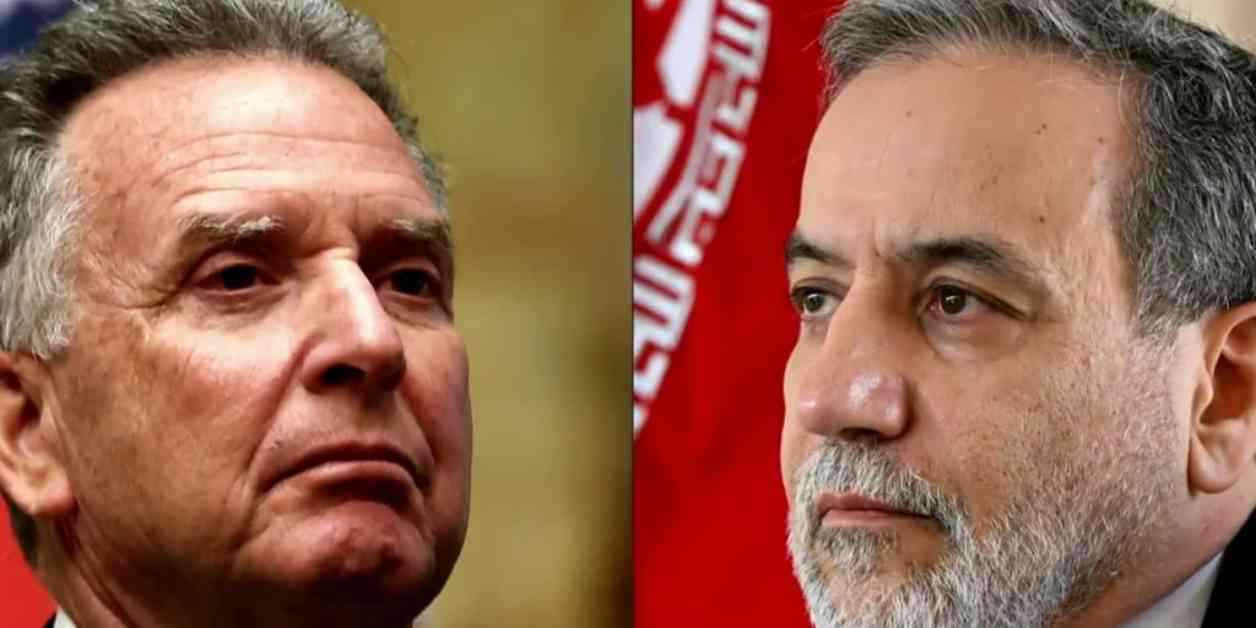The United States and Iran have embarked on a new chapter of negotiations regarding their nuclear programs, marking a significant development in the ongoing diplomatic efforts between the two nations. The talks come amidst a backdrop of escalating tensions and international scrutiny, with both sides expressing cautious optimism for a potential breakthrough.
Historic Diplomatic Endeavor
The latest round of discussions between the U.S. and Iran signifies a pivotal moment in their complex relationship, characterized by years of animosity and geopolitical challenges. The negotiations, facilitated by international mediators, aim to address key issues related to nuclear proliferation, regional stability, and global security. As diplomats from both countries gather around the negotiating table, the world watches with bated breath, hopeful for a peaceful resolution to a long-standing conflict.
Expert analysts and diplomatic observers emphasize the significance of these talks, highlighting the need for constructive dialogue and mutual understanding to overcome deep-rooted distrust and political differences. The success of the negotiations could have far-reaching implications for the Middle East and beyond, shaping the future of international relations and nuclear non-proliferation efforts.
Challenges and Opportunities
Despite the optimism surrounding the new round of nuclear talks, significant challenges lie ahead for both the U.S. and Iran. The complexities of the issues at hand, coupled with domestic political considerations and external pressures, create a delicate balancing act for negotiators on both sides. The history of failed attempts and missed opportunities adds a layer of skepticism to the current diplomatic endeavors, underscoring the need for patience, perseverance, and creative problem-solving.
As the negotiations unfold, experts caution against over-expectations and premature conclusions, urging a realistic assessment of the complexities involved in reaching a sustainable agreement. The intricacies of nuclear diplomacy require a nuanced approach, balancing strategic interests with diplomatic norms and international obligations. The path to a successful outcome is fraught with challenges, but the potential rewards of a peaceful resolution are too significant to ignore.
Humanizing the Diplomatic Process
Amidst the high-stakes negotiations and geopolitical maneuvering, it is essential to remember the human impact of diplomatic decisions. Behind the scenes of international diplomacy are individuals, families, and communities whose lives are directly affected by the outcomes of these talks. Personal stories of resilience, hope, and perseverance remind us of the human cost of conflict and the transformative power of peace.
As the U.S. and Iran engage in dialogue, it is crucial to keep the human dimension at the forefront of diplomatic efforts. Empathy, compassion, and understanding can bridge the divides that often overshadow political discourse, fostering a sense of shared humanity and common purpose. By humanizing the diplomatic process, we can cultivate a culture of peace, cooperation, and mutual respect, paving the way for a brighter future for all.














